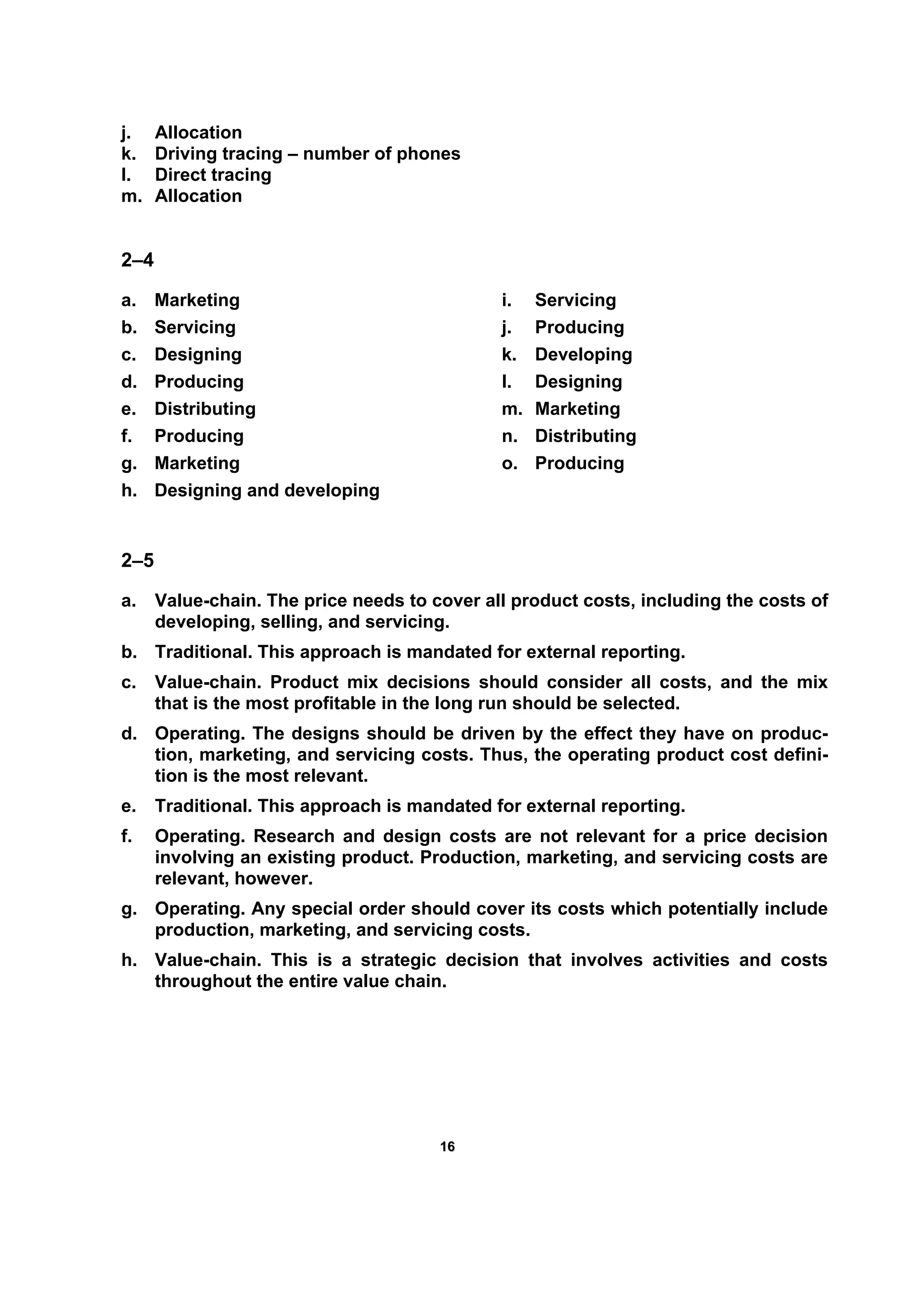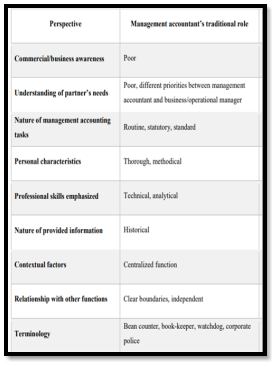Traditional management accounting, also known as cost accounting, is a practice that has been used by businesses for centuries to help managers make informed decisions about the allocation and use of resources. It involves the identification, measurement, and interpretation of data related to the cost of producing goods or services, as well as the analysis and communication of this information to decision-makers within the organization.
The main purpose of traditional management accounting is to provide managers with the information they need to make informed decisions about how to allocate resources and optimize the performance of the organization. This includes decisions about production and distribution, pricing, budgeting, and resource allocation. Traditional management accounting techniques include budgeting, cost-benefit analysis, cost-volume-profit analysis, and activity-based costing, among others.
One of the key features of traditional management accounting is its focus on the past. It involves analyzing historical data and using it to make decisions about the future. This means that traditional management accounting is generally considered to be a backward-looking practice, as it relies on data that has already been collected and analyzed.
Another key feature of traditional management accounting is its focus on internal data. It involves analyzing data that is specific to the organization and its operations, rather than external data or industry benchmarks. This internal focus allows managers to make decisions that are tailored to the unique needs and circumstances of their organization.
Despite its long history and continued use, traditional management accounting has come under criticism in recent years. Some critics argue that it is too focused on the past and does not provide enough information to support decision-making in a rapidly changing business environment. Others argue that it is too narrow in scope and does not consider the broader social and environmental impacts of business decisions.
In response to these criticisms, many organizations have adopted more modern and comprehensive approaches to management accounting, such as strategic management accounting and sustainability accounting. These approaches aim to provide a more holistic view of the organization and its impact on stakeholders, including shareholders, employees, customers, and the broader community.
In conclusion, traditional management accounting is a long-established practice that has helped organizations make informed decisions about resource allocation and performance optimization. While it has come under criticism for its narrow focus and reliance on historical data, it remains an important tool for managers seeking to make informed decisions about the future of their organization.









